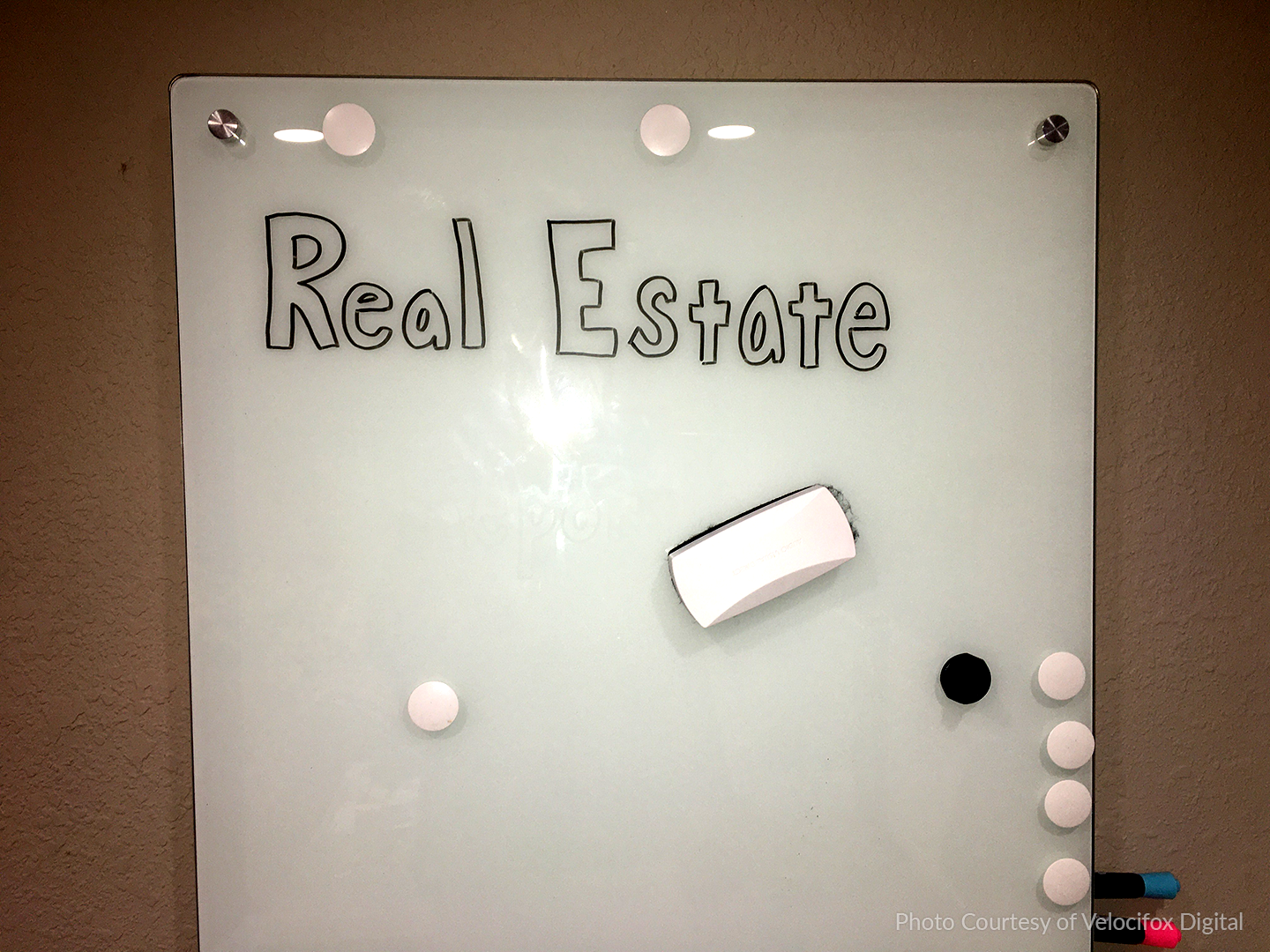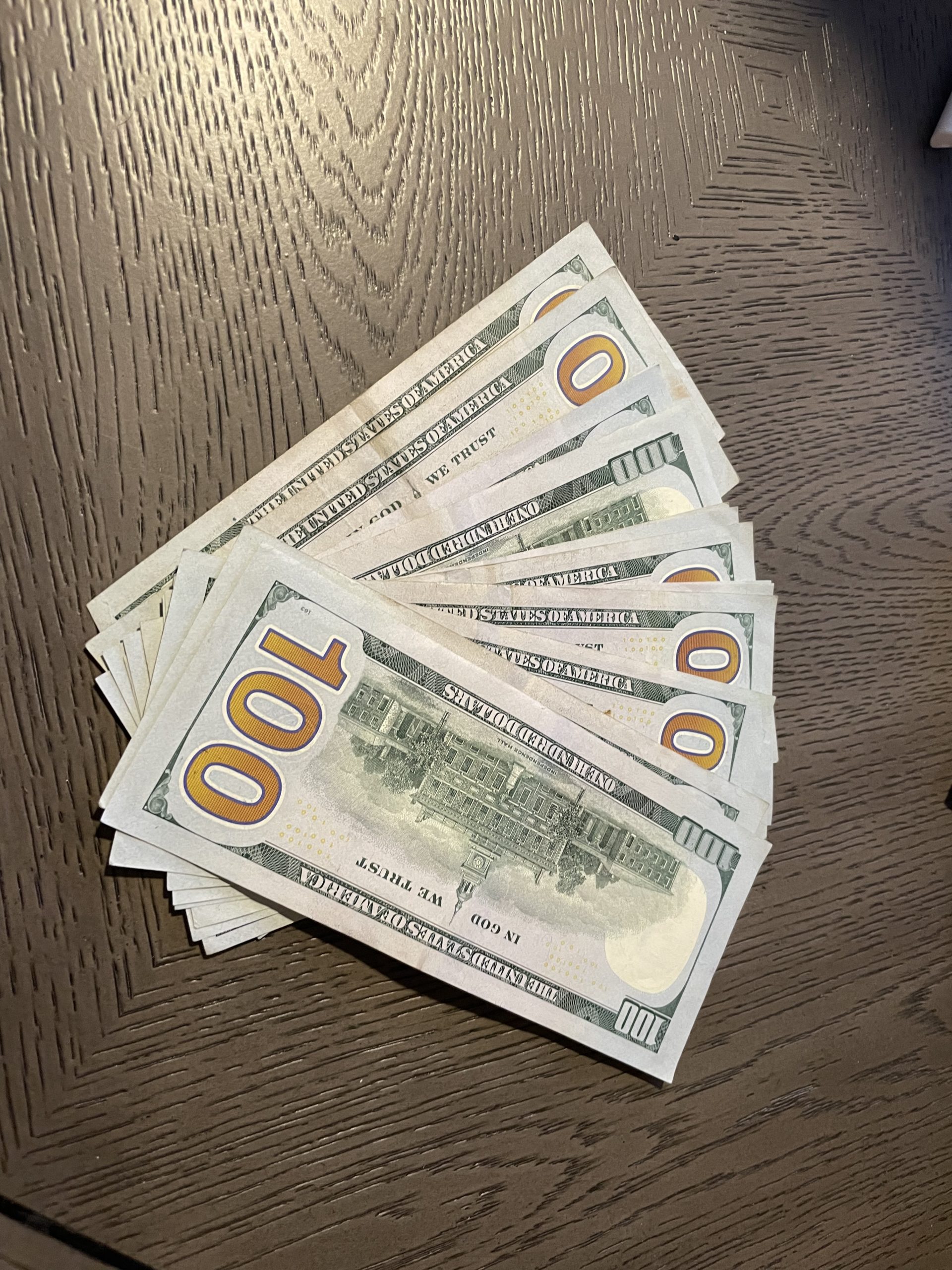Thinking of Selling Your Home?
There’s a few things you’ll need first!
Selling your home can be a roller coaster ride. It can be tough emotionally, because your home has been a big part of your life for many years; but it can also be tough financially.
Selling a home without a Realtor can open the door for some of the biggest financial mistakes of your life! I want to help you sell your home so I can guide you through the process, ensuring that you get the maximum amount possible for your home, and that the contracts are written in your best interest.
To help guide you in the right direction, here are some things I think will help you in your quest to sell your home for top dollar!
Useful Tips and Tools for Home Sellers
Click each tab below for the information you need!
Seller Checklist
Before you sell, here’s a checklist of items that you’ll need and things you should think about doing. This seller checklist will make life easier as your ideal time to sell gets closer.
- The very first step is to find out your home’s value. It’s easy to use an online home value estimate, but these online tools are often flawed due to old data and an algorithm that doesn’t take neighborhoods and subdivisions into account. The best way to know what your home is worth is to have a real estate professional perform a Certified Market Analysis for you. I offer this for free to people who are thinking of selling their homes, just click here!
- Locate the documents you received when you originally purchased the house. These documents will include your title insurance policy, as well as items that a potential buyer may find useful such as the survey, floor plan, or homeowner’s association bylaws.
- If you don’t want any surprises when selling your home, hire a property inspector to do a thorough home inspection. Review the home inspection with your Realtor; I help my sellers determine the general maintenance items that won’t be a deal-breaker and then pinpoint items that need to be repaired prior to the home going on the market. Sometimes, even seemingly minor items are enough to frighten a buyer.
- If you do any repairs or improvements, or have done any in the past, try to gather the receipts. Tracking these items in some way can aid in price negotiations. Repairs and improvements are justification to a buyer that your home is worth more than others that are currently on the market.
- Do some Spring cleaning, even if it’s Fall! A clean home gives a good first impression, and deep cleaning can rid your home of pet odors. Mixing 1 part bleach to 2 parts water will make white baseboards and windowsills shine like brand new. Repair any holes or cracks in the walls, and replace burnt out lightbulbs.
- Go through your home and remove clutter. Keep in mind that most buyers have a difficult time picturing themselves in your home unless it’s “neutral”; try to put away all personal items and keep counters and floors clean.
- Decide on your ideal timeline for moving. The quicker you need to move, the more there may be a need for aggressive pricing.
- When you’re ready for the home to go on the market, have your Realtor do another Comparative Market Analysis, to see if the agreed upon pricing for your home needs to be adjusted. This is important, because if another home in your neighborhood just came on the market, you need to ensure that your pricing is in line with theirs. I specialize in analyzing the market competition, so my sellers are never priced out of the market.
Home Selling Timeline
One of the most common questions I get asked is: “How long will it take to sell my home?” The answer is “it depends”. It depends on whether you price your home at market value, above market value, or below market value.
Pricing your home at market value is what most sellers choose. It’s the safe bet, and in our areas, the average time on the market is between 30 to 45 days. You’ll have plenty of showings, but you still have to find the right buyer who loves your home more than the homes that you’re competing with.
Pricing your home above market value is risky. If you must get a certain amount of money for your property, but that amount is 10% or more over market value, prepare to wait a while. What’s unfortunate about pricing a home above market value is that the number of days it’s been on the market is public knowledge. That means that if a home has been sitting on the market for over 90 days, potential buyers (who may not realize it’s overpriced) look at it with a skeptical eye to begin with. They are thinking, “what’s wrong with this house?” because nobody has bought it yet.
Pricing your home below market value may sound crazy, but more often than not, it works out to the seller’s advantage. I have had this situation happen to several clients who had to sell quickly due to a relocation or similar situation. Basically, due to their rush to sell, we agreed to price their home around 8% or 10% below asking price. What happened is that it created a buyer frenzy; they had 15 showings in one weekend and I had 3 offers in my email on Monday. That’s called a “Multiple Offer Situation” and the law requires that I call all of the agents who submitted offers and tell them that they need to submit their “Highest and Best Offer” within 24 hours. Since each buyer is now placed in a “bidding war” mindset, the home ends up selling for well over asking price. In my experience, it’s the best way to get full market value for your home, but still sell FAST.
Once the home is under contract with a buyer, the average closing takes about 45 days. That means that if you price your home at market value, you should be sold and closed in around 90 days. That’s the “average” time.
Offer and Closing
Receiving and reviewing offers, and the process from contract to closing, are the most important time frames of your real estate transaction. It’s vital to make sure that you’re protected, legally and financially, when you’re signing documents that pertain to the sale of your home.
When you receive offers for your property, you’ll see how detailed and extensive these legal documents are. Fortunately, your Realtor is experienced and knowledgable, and is committed to acting in your best interest. I always review contracts line-by-line to ensure there are no surprises and that the contract is written in a way that doesn’t take advantage of my client in any way.
Along those same lines, there is a lot to consider when you receive an offer for your property. Some people (and even Realtors too!) only look at the price. Very dangerous! The contract also has clauses regarding inspections and repairs, required fees, when you’re required to move out, and even personal property in the home that conveys with the sale. Keep in mind that the contract was written by the buyer; there is likely to be something in there that you don’t agree with. It’s your Realtor’s job to negotiate these items.
The end of a real estate transaction, where the property officially becomes owned by the buyer, is called a “closing”. It typically takes place at an attorney’s office, because attorneys can oversee items such as title, deeds, and mortgages. If everything goes as planned, there should be no surprises at the closing table; you’ll be able to sign your documents that state you are selling the property to the buyers, as well as documents that state what your transaction fees are. Typically, all of your fees (known as ‘closing costs’) are taken from your proceeds from the sale of the property.
Seller F.A.Q.
I get asked a lot of questions, so I thought I would start adding them here so others can learn as well. These are the most frequently asked questions I hear relating to selling a home.
Q: What is a Realtor’s job?
A: Some Realtors see their jobs differently from one another, so I can only speak for myself. To me, my job is clear:
- to always act in your best interest
- to help you make decisions about pricing your home
- to help you make decisions about pre-sale renovations and staging and cost-analysis
- to perform exceptional marketing for your home so that as many buyers as possible see it, which increases the chances of timely offers
- to continually analyze market trends while your home is on the market, so that we can identify competitors and make sure your home stands out from others
- to review any and all contracts, addenda and/or disclosures that you sign, ensuring that they protect you legally and financially
- to negotiate all contract terms until the agreement is acceptable to you
- to ensure that you’re informed of the process every step of the way
- to get you to the closing table with as much money in your pocket, as quickly as possible
- to abide by all legal and ethical standards that I’m held to as a Realtor
Q: Can I take my (light fixtures, curtains, refrigerator) with me when I move?
A: Sure! You need to make a list of all the items that you want to ensure DO NOT CONVEY in the sale of the property. These are items that can be negotiated in the terms of the contract, and it’s important that your Realtor is aware of these items before the home goes on the market, as some items may affect the home’s value.
Q: I’m nervous about showings. What should I expect?
A: Showing your property is easy, but I can understand why it would make you a little nervous. Don’t be nervous about the condition of your home; you’ve done your best to keep it clean and clutter free, so even if you forgot something here or there, the overall presentation of your home is probably fine.
Don’t be nervous about having strangers in your home either; ALL buyers will be accompanied by a licensed real estate professional, and we are held to strict guidelines regarding showings. I am aware of every person that enters your home, and I have the agent’s contact information and license number at all times.
If you’re nervous about speaking to the buyer or the buyer’s agent, that’s good – I recommend that you actually step outside, take a walk, or run errands while your home is being shown. Your home shows better when the buyers can walk around freely and speak openly about the home without a fear of insulting you or hurting your feelings.
Q: What will my closing costs be?
A: This is a loaded question, because it truly depends on so many things! The good news is that I will provide you with a ‘Good Faith Estimate’, which will detail all of your closing cost estimates.
Do you have more questions about selling your home that aren’t listed here? Please let me know!






